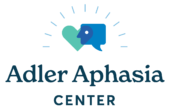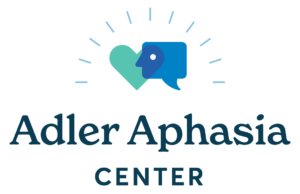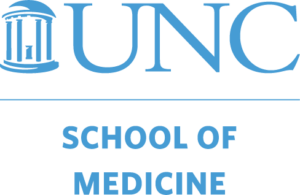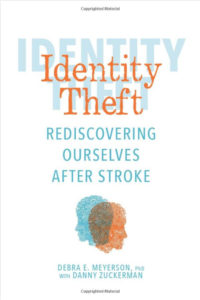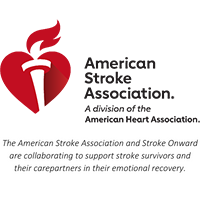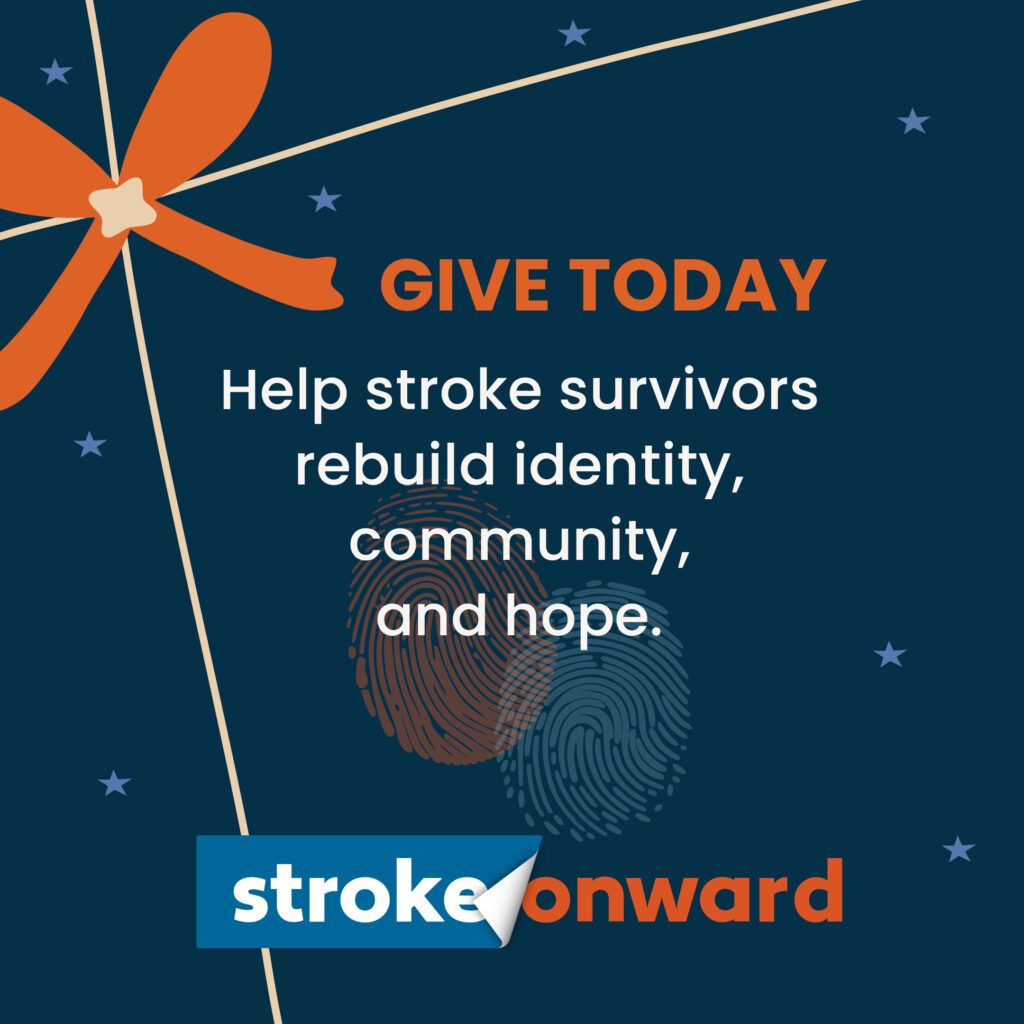Michael Obel-Omia currently resides in Barrington, Rhode Island with his wife, Carolyn, and three children, Jackson, Liza, and Zachary. Prior to his stroke in 2016, Michael was an educator at many different schools including Perkiomen School, Roxbury Latin, William Penn Charter School, Paul Cuffee School, and Cambridge Friends School, where he held titles including English teacher, headmaster, and Director of Admissions.
His entrance to education was not a planned one: in 1986, the course he wanted to take while at Middlebury College was closed, so a professor recommended the course Black American Literature. Michael shares how it was from here, this Black American Literature Course, where he fell in love with English and education: “It was fantastic. 1986. Terrific. Great great course. Wonderful wonderful wonderful stories by black writers. I loved it. [Previously] I wanted to be a lawyer or something, but I fell in love with English in 1986. I started to read everything from there. I fell in love with teaching.”
Aside from a passion for English, cycling has been a major component to Michael’s life. In 2009, Michael cycled across the country for the first time. Anaheim, CA to New York City, NY. “12 days, 12 guys, 24 hours a day. Unbelievable. It felt great. Cycle Across America, one way or another.”
Fast forward a few years, on May 21, 2016, Michael suffered an ischemic stroke. In the aftermath of the stroke, Michael struggled to accept the changes that would occur in his life at first, but eventually has come to accept the changes in his identity. He explains, “I had so many ambitions, so many ideas, I wanted to do so much more. And there I had an ischemic stroke. But who I am, what I am, what I do, is driving.”
In his post-stroke life, cycling and English remain key aspects to Michael’s life. After he got home from the hospital, Michael hopped on a stationary bike. His goal: the Pan Mass Challenge, a 75 mile ride through Massachusetts. Michael recounts this experience: “So in June 2016, I got on a bicycle. Every day I bicycled, I bicycled, I bicycled, it was stationary of course. I said let me out. Carolyn, who I love so much- I said I need to go out. She said you can’t do it. I said I have to do it.”
A month later in July, Michael finally “got out” and on a bicycle outside. “I got on a bicycle in July 2016. I got on a bicycle and I bicycled on a bicycle path. I was so happy. Four miles total, I fell three times. I bicycled, I stopped, I fell down. Turned around, passed the YMCA, fell down. Cycled home, crashed. Three times, four miles, three times, crash crash crash. I was so dispirited, so sad, but I was determined to do something. So September 25, 2016, I cycled 25 miles. Within four months of stroke, to cycle 25 miles, I cycled 25 miles to say I could do this. I had a stroke, I could do this. I say I’m a cyclist.”
In addition to his identity as a cyclist, English has continued to leave a lasting imprint on Michael’s life. Shortly after his stroke, Michael wrote three articles for NPR’s This I Believe because “I love to talk about what I am doing. Aphasia is difficult communication, but I try so hard to speak everything right now with aphasia.” With this, “every day, every day, every day, five and a half years, I write in my journals. Everything I am doing. Now 475 people every day [receive] what I journal from aphasia.” Michael’s musings have become a part of his daily routine, where he summarizes his day to hundreds of loved ones from all aspects of his life.
In his musings, Michael also includes a poem that reminds him of the day. Poetry is another key part of Michael’s identity. After his stroke, he explains “I couldn’t say much, so I started writing poetry.” After a few of his poems were published, he decided to create a compilation of them. This birthed Finding My Words: Aphasia Poetry, his published book of poetry. Michael explains his relationship with poet as “So now I’m a poet. I love that. Poetry is what it is, unlike anything else, poetry is expressing myself, my feelings. Because of poetry, I can write down my difficulties and my problems. So I sit down to write poetry. Some of it is no good, but some of it is very powerful.”
Stroke Across America has proved to be both rewarding and challenging for Michael. He says, “I can do this every day. Every day. I gotta do it. Every day. Every day I gotta do it. I can do this. My hands hurt sometimes, my left hand is pretty weak. I have to ride, I have to do Stroke Across America. Tomorrow morning, I’ll be very anxious. I’ll wake up early tomorrow morning, I’ll be anxious. 64 miles. Can I do it? Can I do it again? But I’ll do it.”
In everything Michael does, he lives the motto “improving, always improving.”
